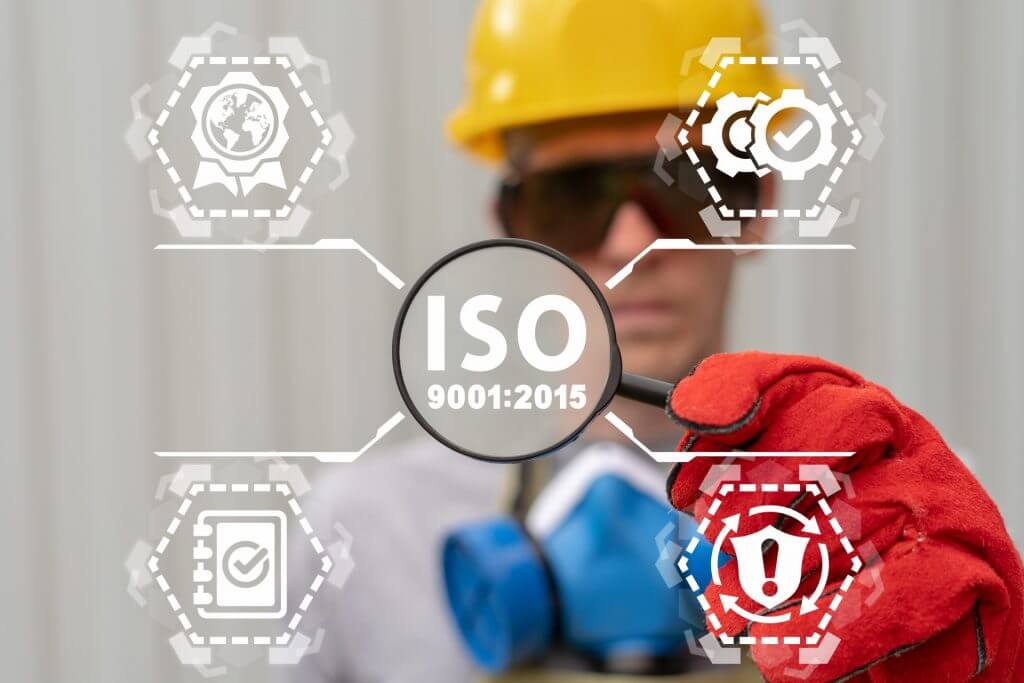
Key factors in planning a Quality Management System
Quality systems face internal obstacles that require strategic approach, cultural alignment, and effective institutional commitment.

Doctor in Administrative Sciences and management consultant with a solid background in Industrial Engineering, quality management and productivity engineering. His academic experience spans almost two decades, being a professor at various institutions and the author of books and numerous scientific articles in areas such as quality management, strategic foresight and business models.

Quality systems face internal obstacles that require strategic approach, cultural alignment, and effective institutional commitment.

Identifying and managing risks and opportunities strengthens the effectiveness of processes under ISO 9001:2015.

ISO 9001:2015 defines 'stakeholder' as a person or organization affected or influenced by a decision or activity.

Today, in the 21st century, the different organizations, regardless of their nature, focus their efforts on staying and being successful in a global market characterized by strong competition.